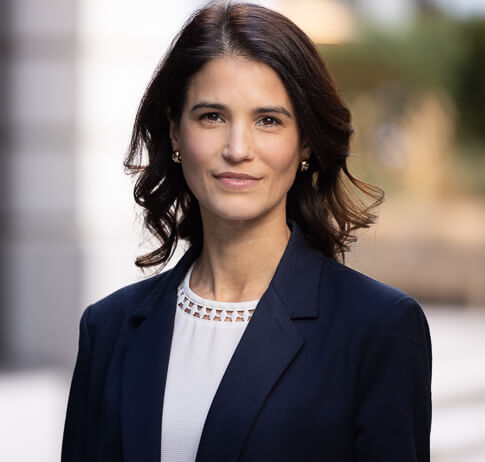Despite their volatility and lack of government endorsement, cryptocurrencies have become increasingly adopted by the mainstream in recent years. Many wealthy families already hold cryptoassets as part of their estates, and those who don’t are often enticed by the impressive returns flaunted in the media. However, the lack of a well-defined regulatory environment poses real challenges for trustees who are asked to consider incorporating crypto investments into the trust portfolio, or to hold a settlor’s crypto assets on trust.
A beneficiary of a trust may be keen to see trust assets invested into the digital sphere through cryptocurrencies. As a trustee, an important first step before making any investments would be to review the investment management powers and duties under the terms of the trust deed, as well as any obligation imposed under statute or general law which applies when trustees buy, sell or manage a particular type of asset. Following Re Whiteley, trustees have a duty to invest with due care and prudence, and section 4 of the Trustee Act 2000 requires trustees to ensure that the level of investment risk is consistent with the investment policy mandated by the settlor. Whilst investment in crypto assets can be lucrative, returns are volatile. Trust deeds that include provisions expressly permitting a trustee to make speculative or higher-risk investments may provide a degree of comfort that investing in cryptoassets would be within the scope of their mandated authority.
Once satisfied that they have the power to invest in cryptoassets, a trustee may want to consider their liability for investment losses. The trust deed may directly address whether and how a trustee might be held accountable for investment losses. Trustees might also wish to check that their professional indemnity insurance covers them for speculative investments.
The next step would be for the trustee to consider whether exercising their power to invest in cryptoassets would be appropriate, considering the interests of different categories of beneficiaries with different risk appetites that the trustee might be required to balance. Carrying out a suitability assessment – which considers the needs of the beneficiaries, the purpose of the trust and the relative diversification of existing investments – might be a good approach to take here. It is important that trustees are aware of these considerations and take the relevant steps to ensure that they do not act in breach of their duties to beneficiaries by investing in cryptoassets, as well as mitigating their own liability for the investment choices they make, before they make them.
It is usual for trustees to hold crypto through an underlying company. This can enable settlors, who may have a better understanding of the particular token, to act as director and be involved in the day-to-day management of the token, whilst the trustee retains ownership. Crucially, if an underlying company is used, trustees need to ensure that they have robust anti-Bartlett clauses in place, as emphasised by the case of Zhang v DBS Trustees.
Crypto tokens come in a range of forms – from Bitcoin, a household name, to memecoins such as Dogecoin, and event collectables and non-fungible tokens like Bored Ape. On a very simplified level, a trustee would generally hold a wallet containing a public key, which is recorded on the blockchain, and a private key, which would be used to transfer tokens. A wallet is usually held on a computer, mobile or USB-type device, or the public key and a private key, both strings of computer code, can be saved separately, written out or as a QR code.
Trustees must be careful to hold their wallets securely due to the possibility of cyber-attacks and might want to consider depositing their holdings with a custodian (preferably a reputable and institutional one). Before investing in cryptocurrencies, trustees may wish to verify that the trust deed contains robust limitation of liability provisions, that cover liability for loss of value or loss of access caused by events including hacking or theft. Trustees will also need to consider whether a settlor has properly divested themselves of a crypto asset if the settlor retains copies of the private key.
Finally, for some, the appeal of buying crypto is in the anonymity which comes with transactions effected through the blockchain, however trustees must ensure they remain in compliance with their anti-money laundering and counter-terrorist financing obligations when receiving crypto assets to hold on trust. If the settlor is not a founder, trustees may want to find out who owned the token before the settlor, using programs which trace tokens back to mining, but these are expensive for what may be part of the on-boarding process.
There is still much uncertainty across most jurisdictions regarding whether existing financial services regulations apply to crypto assets. The English Law Commission and UK Government have prepared quite substantive guidance on the applicability of existing legislation to crypto, in the form of a ‘Legal Statement on Cryptoassets and Smart Contracts’, and a ‘Consultation and Call for Evidence on UK regulation of crypto and stablecoins’. Nevertheless, crypto remains widely unregulated and the rules will continue to evolve alongside the technology, and therefore trustees should be obtaining regular advice in any jurisdiction in which they hold or trade crypto to ensure that they are acting in compliance with any applicable regulatory obligations.
If you have any questions on this topic, please get in touch with your usual Withers contact, or either of the authors of this article.

